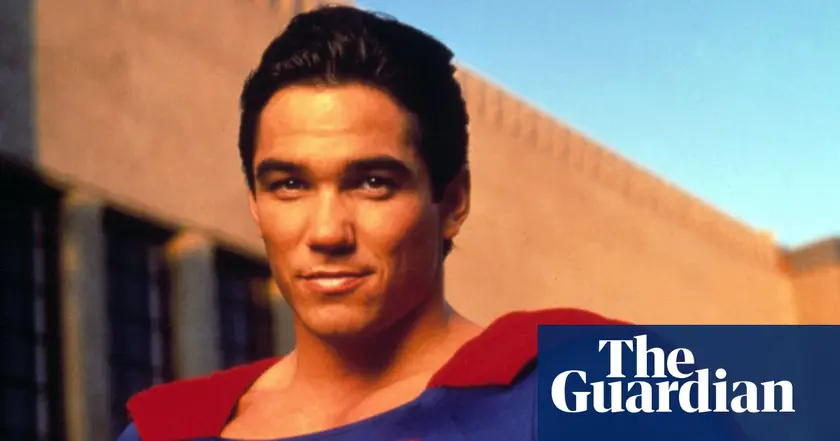T4K3.news
Pro test and law collide as former insider joins protests
A former UK government lawyer is at the center of protests linked to a proscribed group and new legal challenges loom.
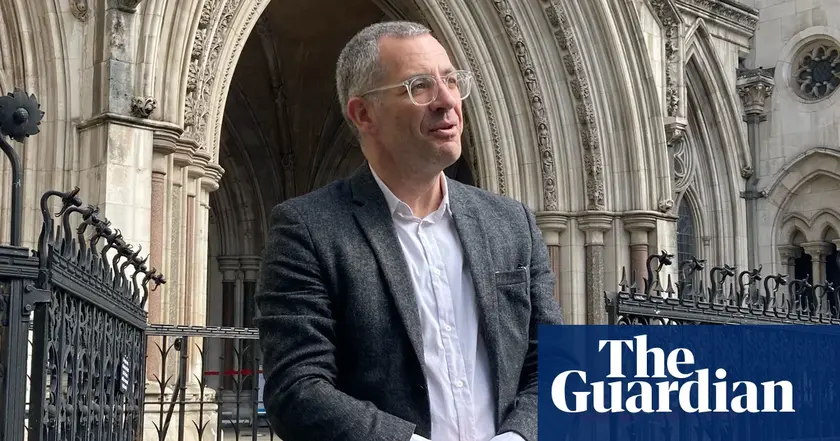
Tim Crosland’s arrest and planned protests highlight a clash between state power and grassroots activism.
Former UK government lawyer at centre of pro-Palestine protests
Tim Crosland, a 55 year old former government lawyer, was arrested last month under the Terrorism Act after being seen at the Gandhi statue in Parliament Square with others linked to Palestine Action, a group that is proscribed. Video shows him being taken into a police van with a smile, as dozens were detained that day. Defend Our Juries, a group Crosland co founded, is calling for more protests this Saturday with signs that oppose genocide and show support for Palestine Action.
Crosland has a long career in public service, including work at the Serious Organised Crime Agency and the National Crime Agency. He later moved into environmental law and activism, co founding Plan B which challenged Heathrows expansion. In 2023 he was disbarred after a contempt of court finding linked to a public release of a Supreme Court ruling before the official announcement. He says his shift from inside the system came from a belief that real change cannot be achieved from within the bureaucracy. He says the duty to intervene drives his current activism, which brings him into tension with both the state and the courts as protests resume around the proscription of Palestine Action.
Key Takeaways
"Over time, I came to the conclusion that no, you do not make substantial change from the inside."
Crosland reflecting on his shift from government to activism
"The forces are too strong, too powerful, you can delude yourself that you’re making an impact and then you can look back and see that it’s just gone back to where it was."
Crosland on the limits of working within official structures
"That is my understanding of non-violent action. It doesn’t mean sitting back quietly in a corner."
Crosland explaining his approach to peaceful protest
The piece frames a clash between rights rhetoric and enforcement realities. It shows how a former insider views state power not as a fixed frontier but as a system that needs public pressure to move. Crosland’s personal history — from high level government work to street protest — underlines a broader trend: legal tools meant to protect security can also shape who speaks up in public. The story also raises questions about how anti terror policy interacts with peaceful dissent and how campaigns around a proscription are interpreted by supporters and critics alike.
Looking ahead, the situation tests Britain’s balance between safeguarding security and protecting civil liberties. If more protests go ahead without charges, it could signal a willingness to treat activism as a political issue rather than a purely legal one. If legal challenges succeed or fail, the debate about rights, duties, and the limits of protest will only grow.
Highlights
- Duty to intervene means standing up when others stay silent
- Non violent action is an active choice to stop atrocities
- Power ends when conscience speaks louder
- Change does not always come from inside the system
Political and legal risk surrounding protests
The story involves anti terrorism law, a proscribed group, and planned demonstrations. This invites political controversy, potential legal challenges, and public backlash that could affect civil liberties and governance debates.
The coming days will reveal how far protest rights can travel when they meet security policy.
Enjoyed this? Let your friends know!
Related News

Chipotle faces labor tensions
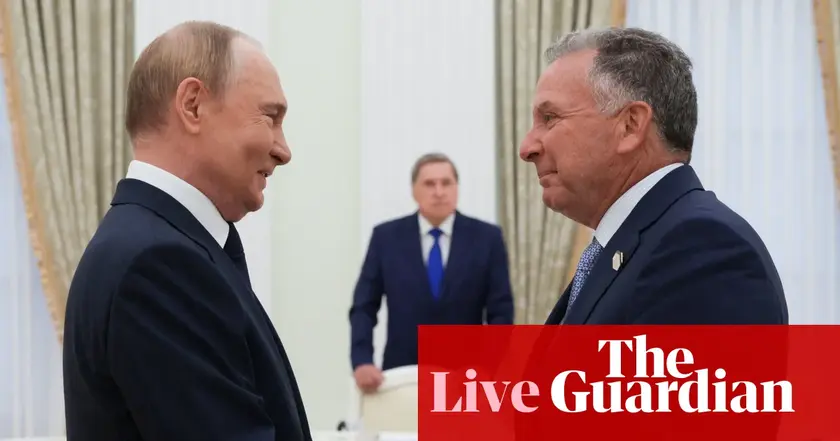
Putin and US envoy meet ahead of Trump deadline
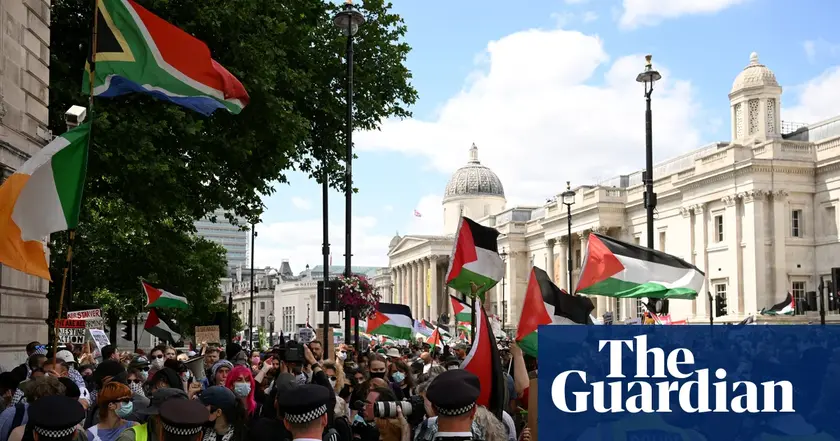
Protest rights under new UK terrorism designation
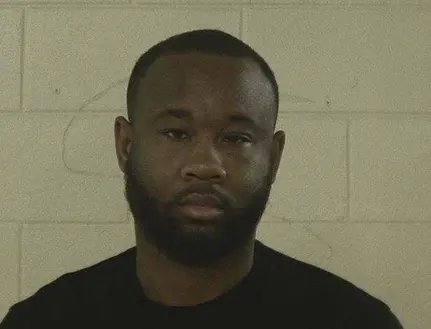
Fort Stewart Shooting Suspect Identified
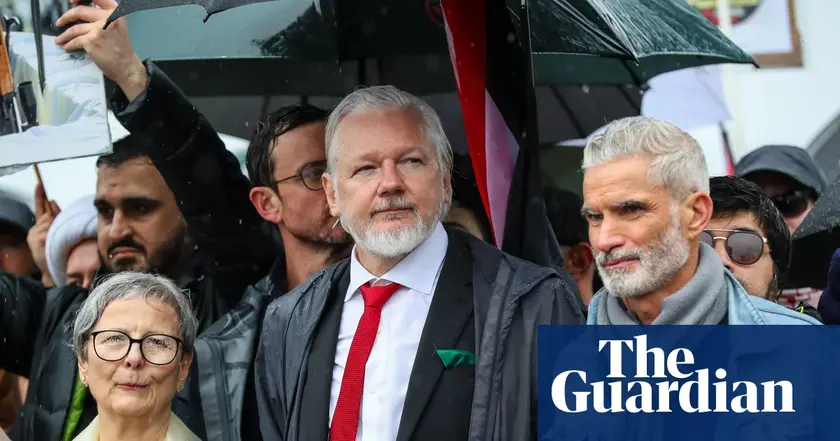
Julian Assange attends pro-Palestine rally in Sydney
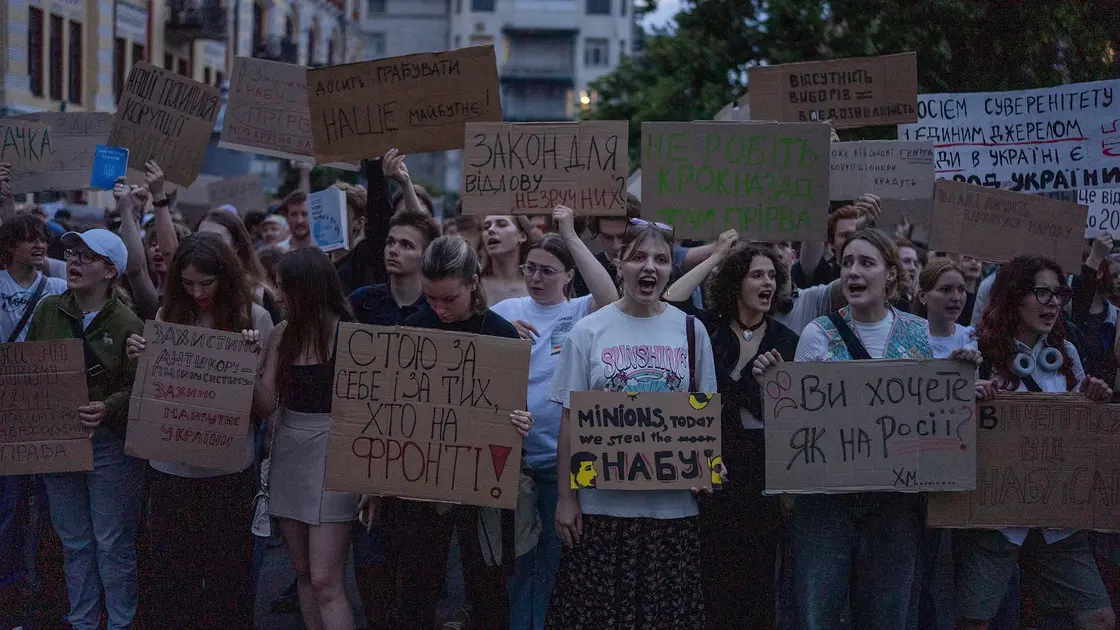
Zelenskyy faces protests over new anti-corruption bill
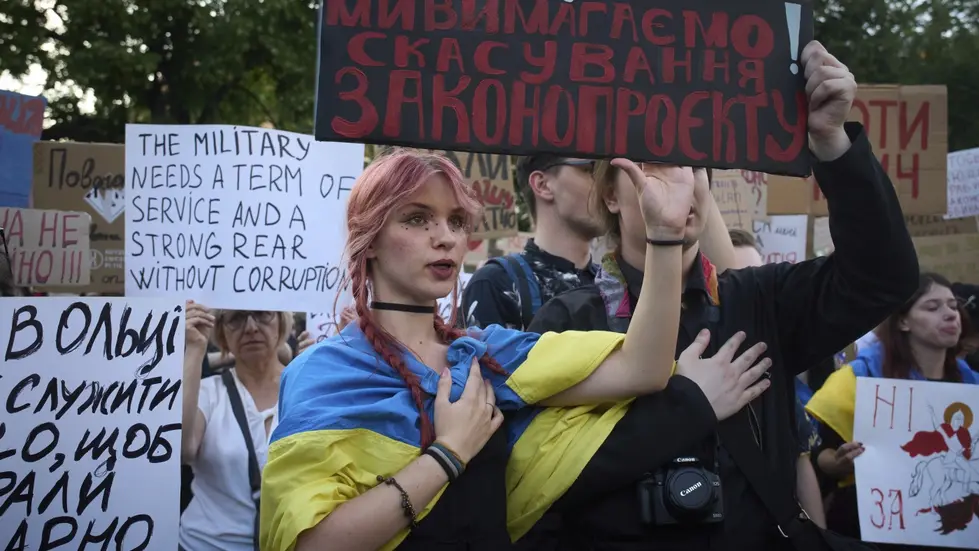
Ukraine enacts law to restore independence of anti-corruption watchdogs

Kardashian slams ICE raids on Instagram
